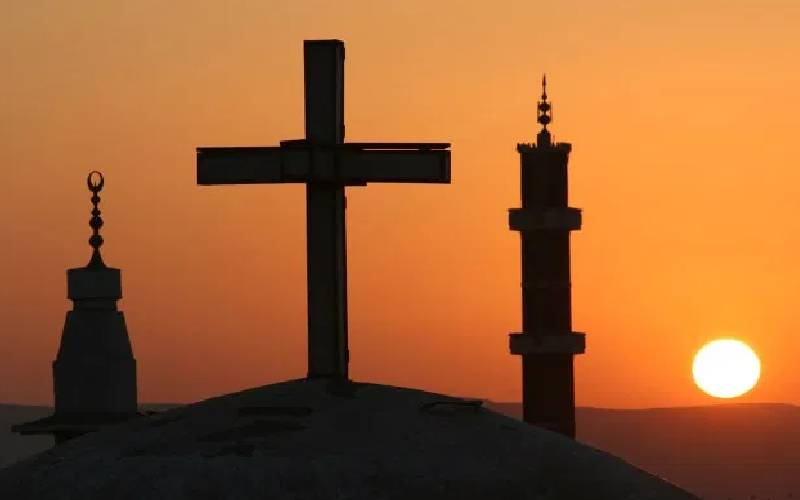×
The Standard e-Paper
Kenya’s Boldest Voice
 I am blessed. I know the Bible as well as I know the Holy Koran.
I am blessed. I know the Bible as well as I know the Holy Koran.
I studied the Bible for all the wrong reasons. In my high school days, we had a Mzungu preacher who used to come all the way from Starehe to preach in Nairobi School.